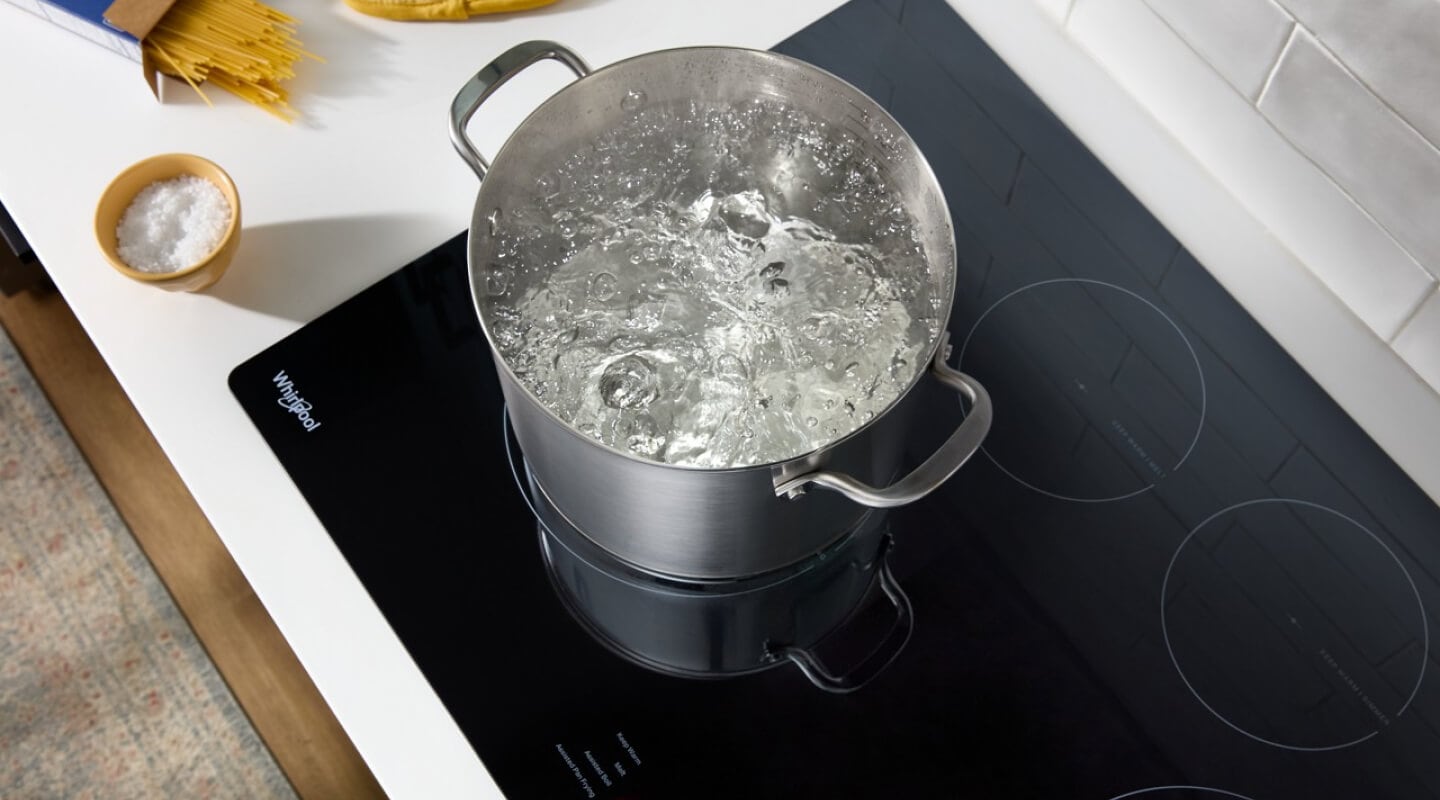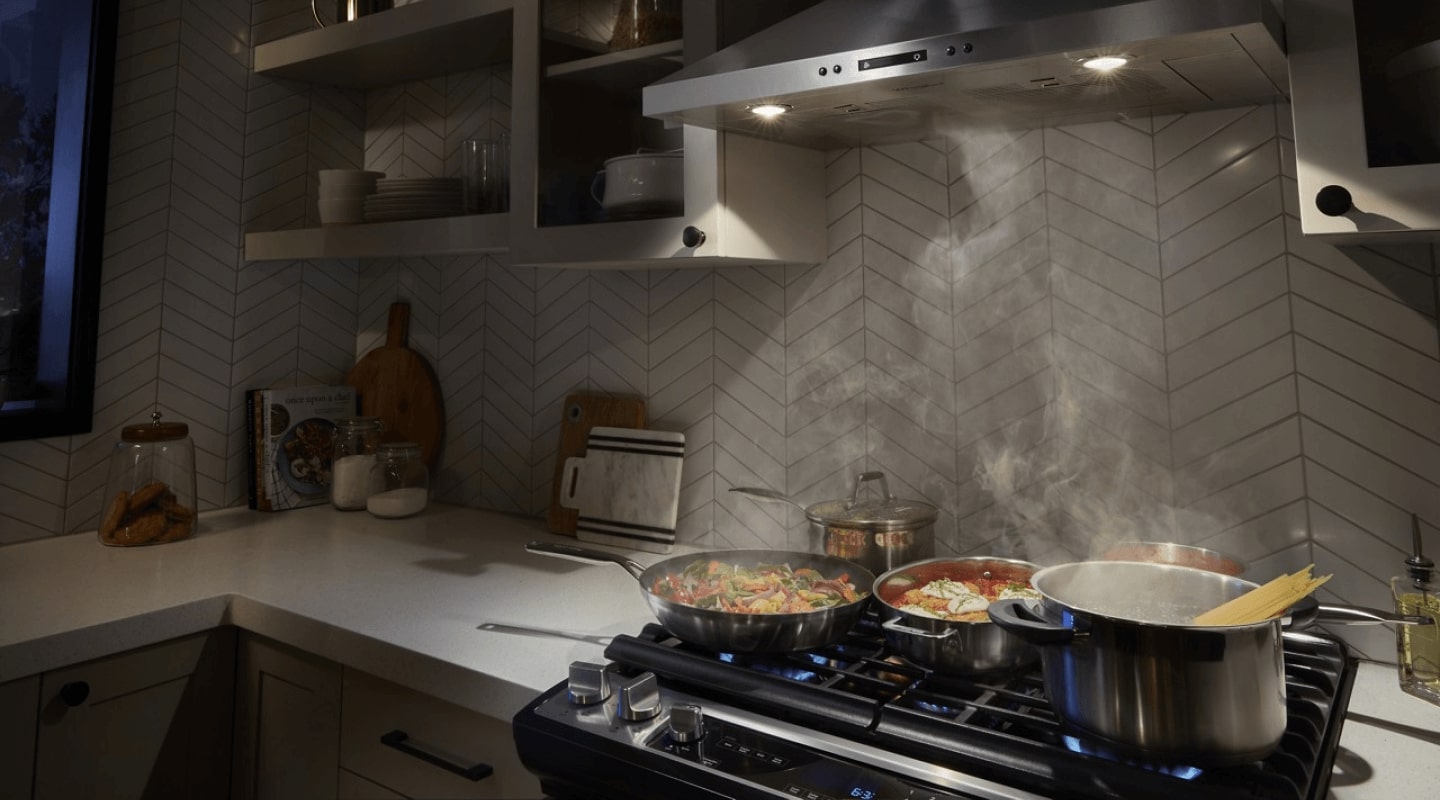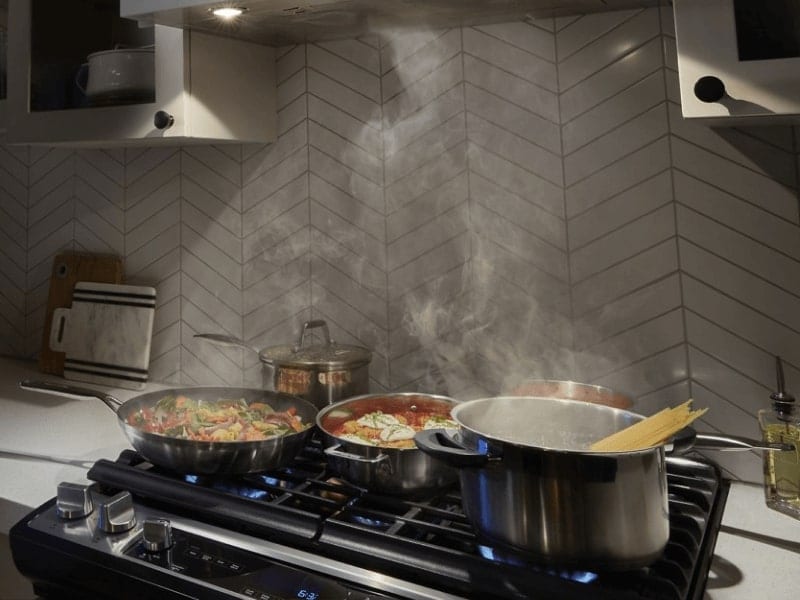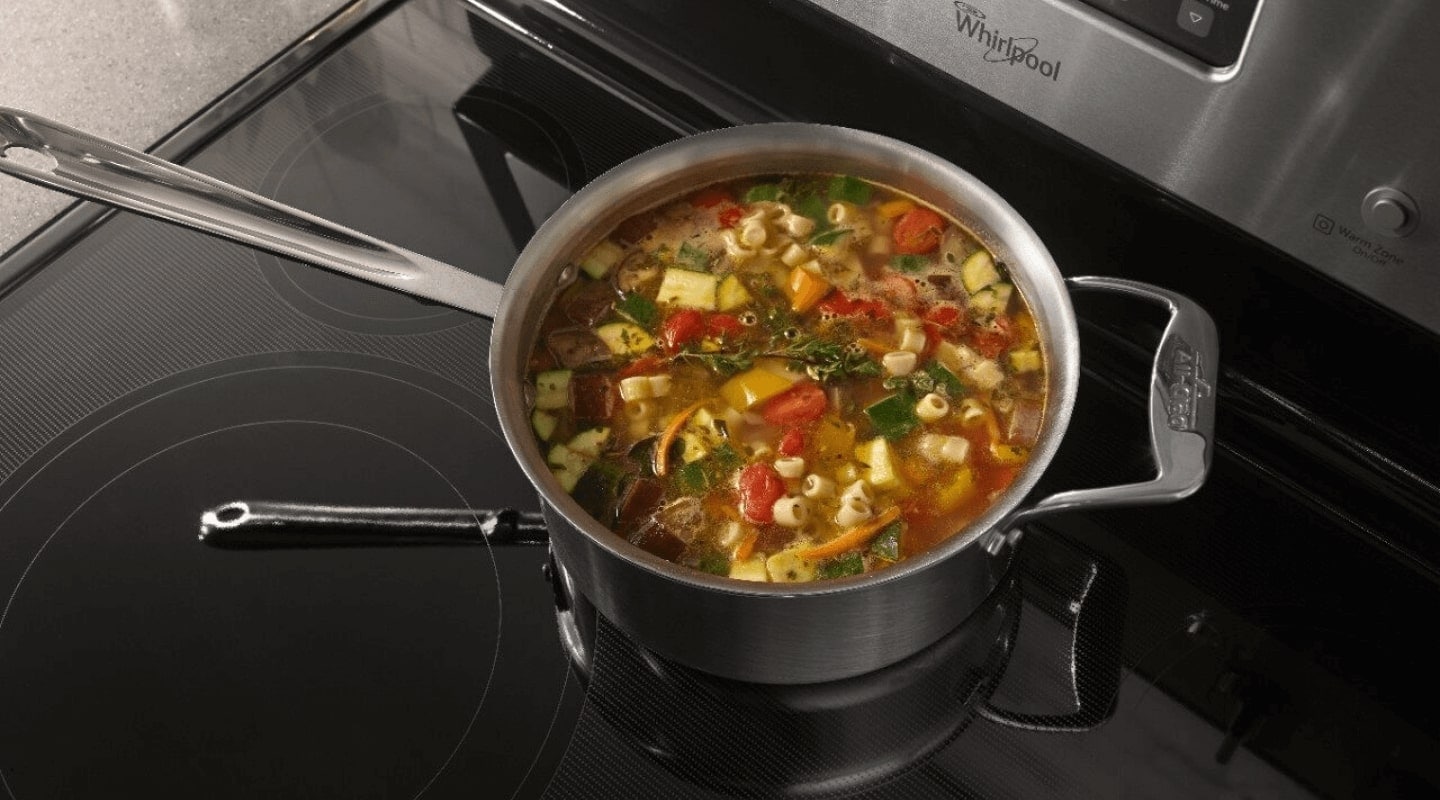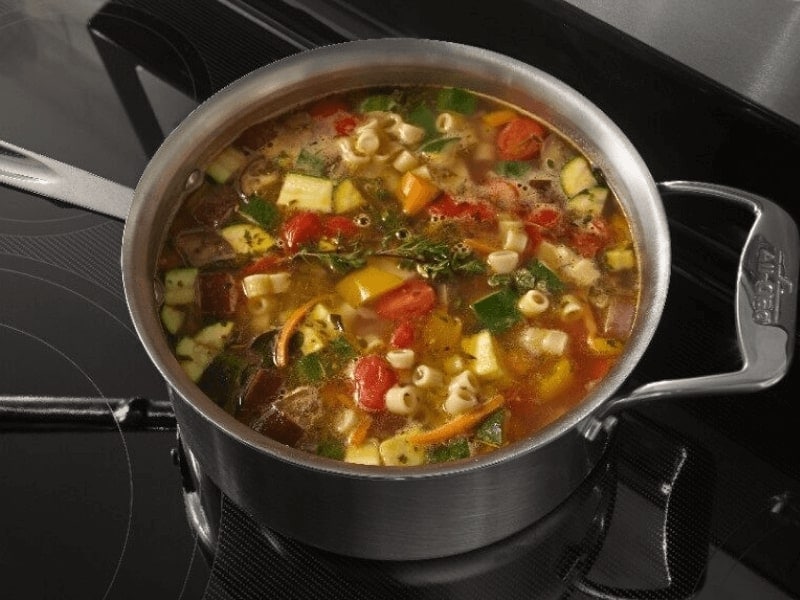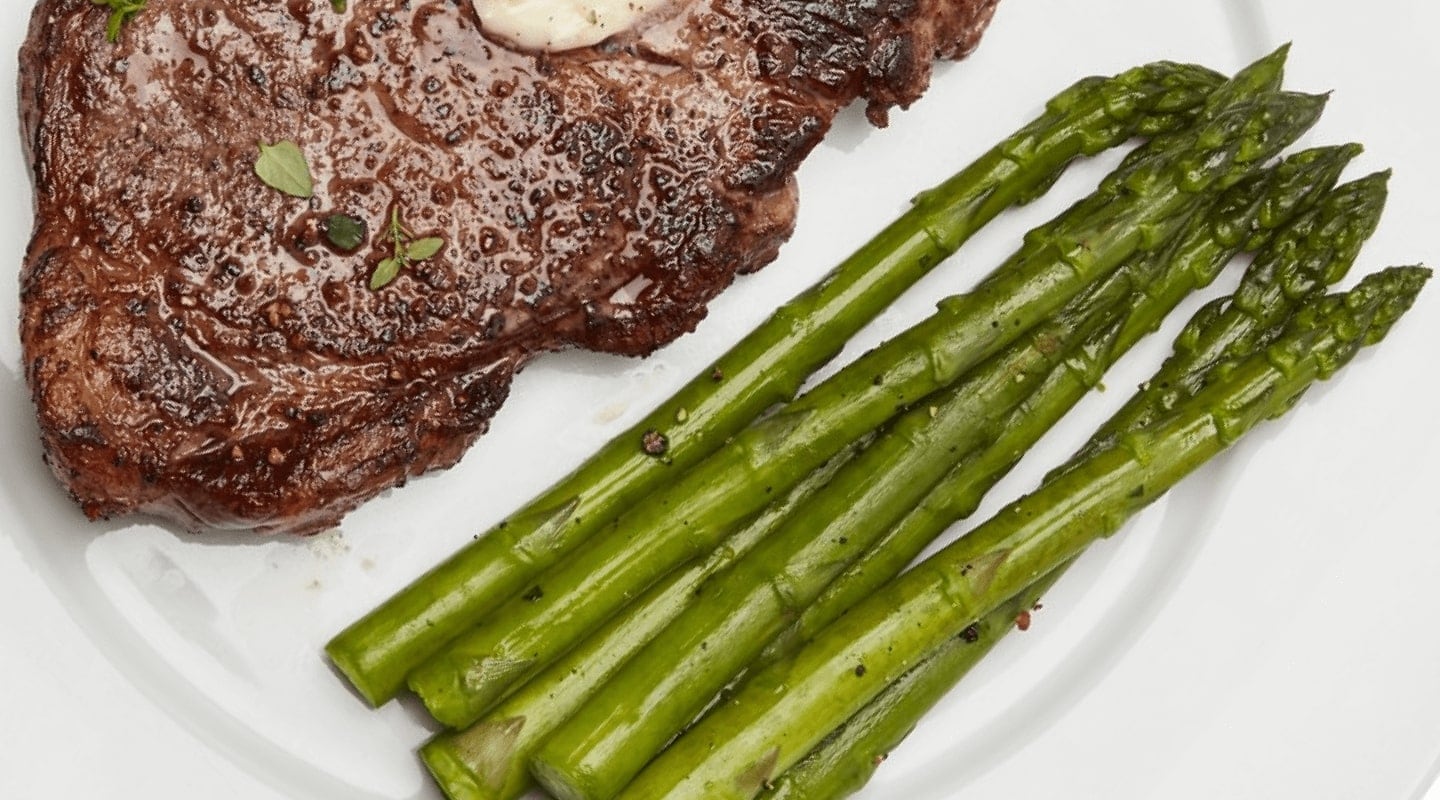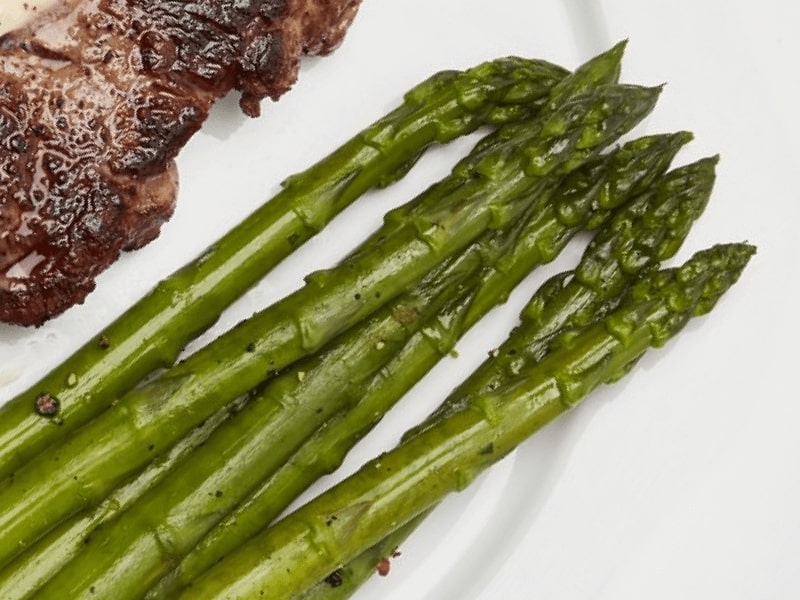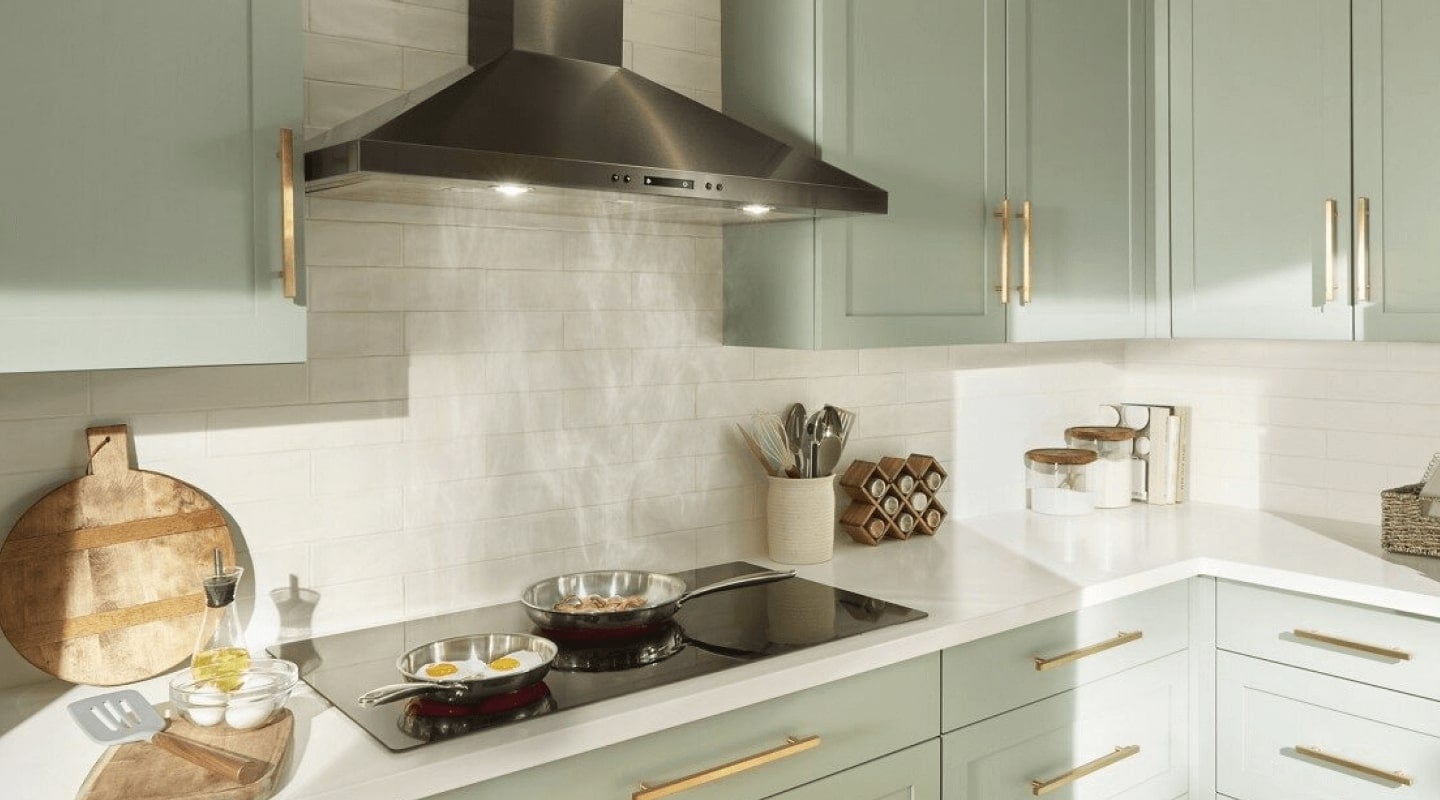
What is blanching?
Blanching is a cooking method that uses hot water or steam to cook food for a short amount of time before it’s “shocked” in cold water. This method is often used to preserve the color, flavor and texture of vegetables prior to freezing, which can help deactivate certain enzymes and keep the veggies fresh. Once you learn how to blanch vegetables, it can be a helpful way for you to streamline food preparation for busy family meal times.
Read on to learn how to blanch veggies before placing them in the freezer for convenient, long-term storage.
What is the purpose of blanching vegetables?
In addition to helping preserve their flavor and color, blanching can also help protect the veggies from oxidation and freezer burn once they are frozen. Additionally, blanching softens tough fibers and fibrous cells, making them easier to chew.
When should you blanch vegetables?
Vegetables should be blanched prior to storage in the freezer to help preserve their fresh taste and quality. For convenient, long-term storage in the freezer, plan to blanch your veggies a few hours prior to freezing.
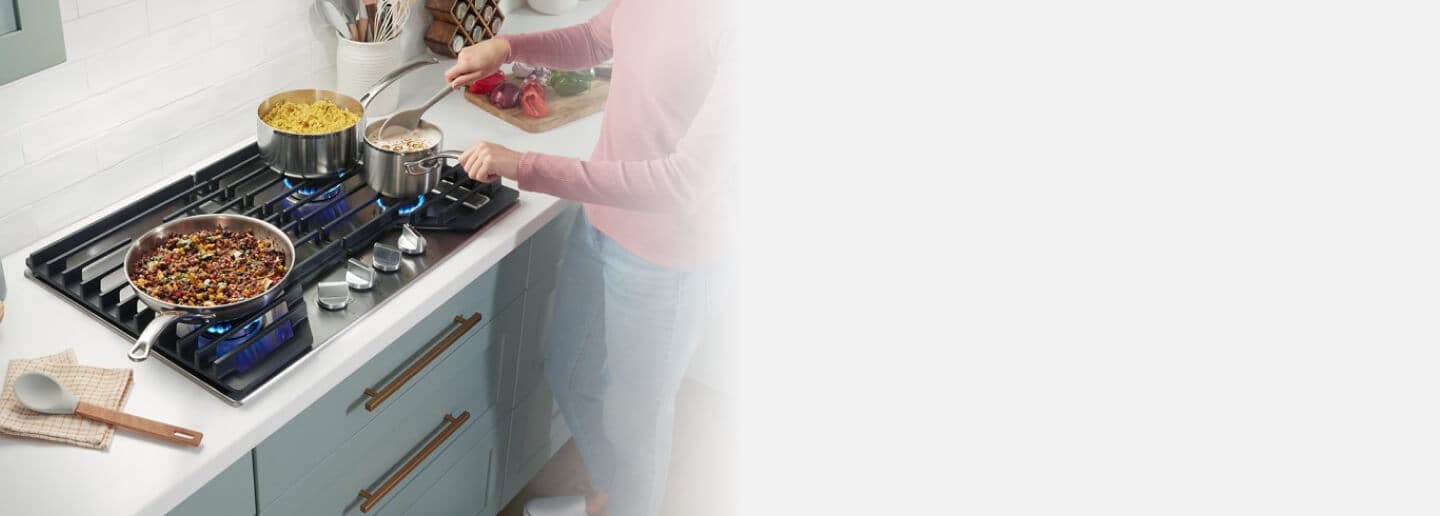
Whirlpool® Cooktops
A cooktop for every kitchen
Shop Whirlpool® Gas and Electric Cooktops and choose the best option for your family’s cooking needs
How to blanch vegetables
Blanching vegetables is a great way to help ensure your produce remains fresh tasting and vibrant after prolonged periods in the freezer. In addition, storing veggies in a refrigerator crisper drawer prior to blanching can also help extend shelf life and preserve freshness.
While the blanching process can be done in the microwave or by steaming, blanching on a cooktop or range offers more room to cook a larger amount of vegetables if you are planning ahead for food preparation.
If you’re using a Whirlpool® Cooktop or Range, convenient controls can help you boil water quickly and reduce to a simmer when needed. Follow the steps below to start blanching your own vegetables before freezing.
Tools
- Cooktop or range such as these Whirlpool® Gas Cooktops or Ranges
Pot with lid
Bowl of ice water
Vegetable steamer or wire basket
Ingredients
Vegetables of your choice, such as broccoli, asparagus spears or green beans
Prep time
10 minutes
Cook time
1 to 15 minutes, depending on the type of vegetable
Estimated total time
11 to 25 minutes, depending on the type of vegetable
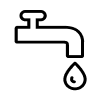
1. Prepare your vegetables
Start by washing your vegetables thoroughly. Next, peel and slice them to your preferred size and shape. Be sure to follow safe food handling practices.

2. Bring water to a boil
Place a vegetable steamer or wire basket in a large pot. Add about one gallon of water per pound of vegetables to the pot and bring to a boil.
Select models of Whirlpool® Cooktops feature SpeedHeat™ Burners that generate the high heat needed to boil water quickly.

3. Prepare the ice bath
As you wait for the water to boil, prepare an ice bath by filling a large bowl with ice water, using about one pound of ice per pound of vegetables. Set the bowl aside.

4. Add the vegetables to the boiling water
Add the vegetables to the pot of boiling water and stir. Return to a boil by increasing the burner level to High and cover.

5. Time the cooking process
As soon as the water has returned to a boil, start counting the blanching time. Check the water frequently to ensure it maintains a steady boil. Rather than using appearance to check for doneness, it’s more important to follow the guidelines for time. Using the recommended blanching times will help prevent you from under or overblanching your vegetables.
Blanching times can vary depending on the type and size of the vegetable. For example, tender vegetables like peas and cabbage only need 1-2 minutes, while heartier options like carrots, potatoes and asparagus may take 2-5 minutes. Use the chart below as a general guide or check your specific recipe/directions.
| Vegetable | Recommended blanching time (approximate)1 |
|---|---|
| Artichoke hearts | 7 minutes |
| Asparagus | 2–4 minutes |
| Broccoli | 3 minutes |
| Cabbage | 1–2 minutes |
| Carrots | 2–5 minutes |
| Corn | 4–11 minutes |
| Peas | 1–2 minutes |
| Potatoes | 3–5 minutes |
When boiling the veggies, remember that exact blanching times can depend on a number of factors, such as vegetable type and thickness. Overcooking can result in the loss of flavor and color, while undercooking may accelerate degradation.

6. Shock the vegetables
Remove the vegetables immediately at the end of the blanching time. Shock the vegetables by putting them into the ice water for the same length of time used for the blanching process.
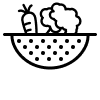
7. Drain the vegetables
Drain the blanched vegetables thoroughly to remove excess moisture. You can place them on a paper towel-lined tray to help the process. Allow the vegetables to fully air dry before beginning preservation, if that is your next step. You may notice that your veggies have a much deeper or vivid color after blanching. This is a common side-effect of the blanching process.

8. Freeze the vegetables
After blanching and cooling, pack vegetables into freezer-safe containers or bags. For rigid containers, such as glass, metal or plastic, leave about ½ inch of space at the top. If you’re using freezer bags, press out as much air as possible before sealing. Label everything with the date and freeze right away.
For loose, easy-to-portion vegetables, try tray freezing: Spread them in a single layer on a tray, freeze until firm, then transfer to containers or bags.
Most vegetables can be cooked straight from the freezer, though some, like corn on the cob or broccoli, may cook more evenly if slightly thawed first.
Shop Whirlpool® Cooktops for blanching
Whirlpool® Cooktops have the versatility you need for all your family’s favorite meals. Select models include features like a FlexHeat™ Burner for the evenly distributed high heat you need for rapid boiling. Other models include an integrated Kitchen Timer that makes it easy to keep track of blanch times. Whether you’re prepping a quick weeknight meal or something more involved, Whirlpool® Cooktops offer flexible cooking features to help you every step of the way.
What are the best vegetables for blanching?
There are many types of vegetables that are excellent choices for blanching, from fall favorites like sweet potatoes to hearty greens like broccoli, asparagus or cabbage. Blanching can work especially well for firm, water-resistant vegetables that hold their texture and color through brief boiling. It can help stop enzyme activity, making these vegetables better suited for freezing and long-term storage. Good candidates are typically crisp or dense veggies that don’t absorb excess water and may benefit from a quick cook to help preserve flavor and nutrients.
Good vegetables for blanching include:
Green and snow peas
Green beans
Leafy greens
Asparagus
Carrots
Corn, on the ear or off
- Broccoli
Cauliflower
Small potatoes
Tomatoes
Zucchini
Not all vegetables need to be blanched before freezing. Diced or chopped onions, green onions, leeks and peppers can typically be frozen raw.
Tips for blanching
Understanding how to properly blanch is key to keeping your vegetables tasting great for as long as possible. Below are a few helpful tips to keep in mind to get the best results from blanching:
- Use a large pot for blanching to ensure vegetables have enough room.
- Wash and trim vegetables before you begin the blanching process.
- Help ensure the benefits of blanching by timing the cooking process accurately.
- Dry the vegetables thoroughly before storing.
- Place the vegetables in the ice bath immediately after boiling to avoid overcooking.
- When boiling, help ensure quick and even cooking by using the appropriate amount of water per the combined weight of your vegetables.
Shop Whirlpool® ranges and cooktops for preparing your favorite meals
Ranges and cooktops by Whirlpool brand offer a variety of features that help to streamline meal prep so you can spend more quality time at the dinner table. Browse the full collection of Whirlpool® Ranges and Cooktops to explore features like SpeedHeat™ Burners and Full-Width Grates on select models.
Was this article helpful? Pass it on
Learn more with Whirlpool brand


home heartbeat
Ready for more tips, home hacks and appliance guides?
1. https://www.clemson.edu/extension/food/canning/canning-tips/43why-blanch.html

